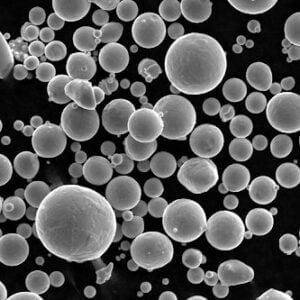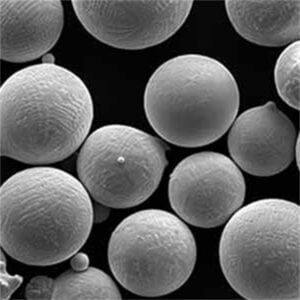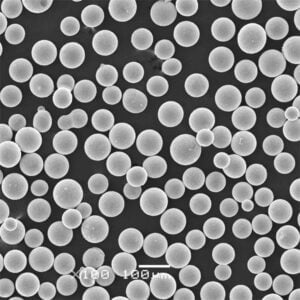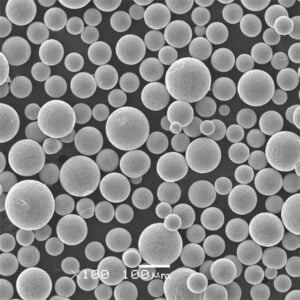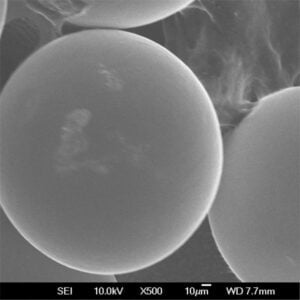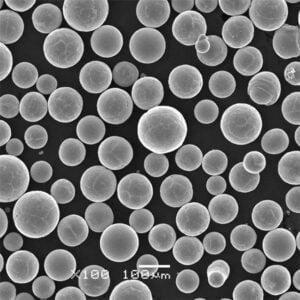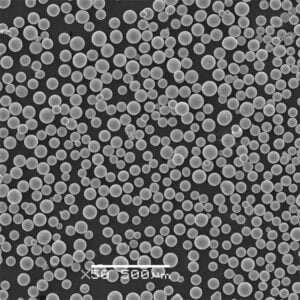Overview of titanium gas atomizer equipment
Titanium gas atomizer equipment refers to devices that are used to atomize (break down into fine particles) titanium metal for various applications. This equipment uses gas, typically argon, to atomize molten titanium into a spray of fine droplets.
Some key details about titanium gas atomizer equipment:
- Used to produce titanium powders and coatings from molten titanium
- Relies on inert gas like argon to atomize the molten metal
- Can produce fine titanium powders ranging from 10 microns to submicron sizes
- Enables control over powder size distribution and morphology
- Powders have high purity and flowability
- Used to make titanium metal injection molding (MIM) feedstock powders
- Also used to produce titanium thermal spray coatings and 3D printing metal powders
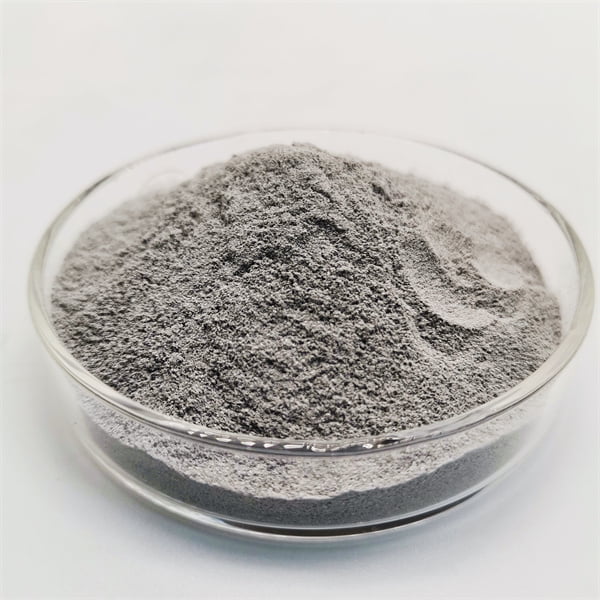
Types of Titanium Gas Atomizer Equipment
There are two main types of gas atomization equipment used for titanium powder production:
| Type | Description |
|---|---|
| Close-Coupled Atomizer | Titanium melt stream is gas atomized inside a close-coupled nozzle right at the point where it exits the melting crucible. Produces higher yields of finer powders. |
| Free Fall Atomizer | Molten titanium stream falls freely through an inert gas atmosphere and gets atomized into droplets. Typically used to make coarser powders over 50 microns. |
Composition of Titanium Gas Atomizer Equipment
Titanium gas atomization equipment contains the following key components:
| Component | Composition |
|---|---|
| Melting Crucible | Made of copper due to its high thermal conductivity and rated for high melting points over 1660°C. May contain skull of solidified titanium at bottom. |
| Induction Coils | Water-cooled copper induction coils encircle the crucible and heat up titanium charge via electromagnetic induction to achieve melting point. |
| Pour Tube | Molten titanium flows down this ceramic pour tube into the atomization nozzle. Keeps oxygen away from melt stream. |
| Atomizer Nozzle | Advanced high pressure nozzle design for inert gas to interact with titanium melt under precise conditions and produce fine droplets. |
| Gas Control | Controls gas flow parameters like pressure, velocity and turbulence to achieve desired powder yields and particle sizes distribution. |
| Collection System | Collects & separates powder products from atomization gas, typically via cyclones and filter bags. |
Properties of Titanium Gas Atomizer Powders
Titanium gas atomized powders have the following typical properties:
| Property | Details | Advantages |
|---|---|---|
| Purity | Over 99.5% titanium content | Excellent corrosion resistance. |
| Particle Shape | Mostly spherical morphology | Improves powder flow and packing density |
| Size Range | From submicron to 300 microns | Controllable based on application |
| Flowability | Excellent due to spherical shape | Useful for additive manufacturing |
| Apparent Density | Around 2 g/cm3 | On par with wrought titanium |
| Porosity | Low – Highly dense particles | Leads to better mechanical properties |
| Oxygen Content | As low as 0.13% | Maintains titanium’s strength after consolidation |
Characteristics of Gas Atomized Titanium Powders
Key particle characteristics of inert gas atomized titanium powders:
- Smooth surface morphology
- Tight particle size distribution
- Minimal satellite particles or agglomeration
- Chemically clean with low oxygen and nitrogen pick-up
These characteristics allow the powders to be effectively used across various applications requiring high purity and flowability.
Applications of Titanium Gas Atomizer Powders
Some typical applications of gas atomized titanium powders include:
Additive Manufacturing
- Selective laser melting (SLM)
- Electron beam melting (EBM)
- Binder jetting
Metal Injection Molding
- High purity feedstock for MIM
- Improves mechanical properties
Thermal Sprays
- Wear-resistant coatings
- Aerospace engine components
Specifications of Titanium Powders from Gas Atomization
Gas atomized titanium powders are available in various size cuts and must meet certain property specifications depending on application:
| Parameter | Typical Range |
|---|---|
| Particle Size Distribution | 10 – 45 μm, 15-53 μm, 45-100 μm etc. |
| Apparent Density | ≥ 2 g/cm3 |
| Flow Rate | 25-35 s/50g |
| Particle Shape | Predominantly spherical |
| Purity | ≥ 99.5% Ti Content |
| Oxygen Content | ≤ 0.25% |
Suppliers of Titanium Gas Atomizer Equipment
Some leading global suppliers of titanium gas atomization equipment include:
| Supplier | Location | Models |
|---|---|---|
| Advanced Materials Processing (AMP) | US | Close-coupled & free-fall atomizers |
| 3DCeram | France | LAB Series atomizers |
| Pyrogenesis Canada | Canada | Plasma atomization equipment |
| TSI Incorporated | US | Custom atomization systems |
| Phoenix Scientific | US | Integrated gas & water atomizers |
Pricing for titanium gas atomizer equipment ranges from around $200,000 to over $750,000 based on atomization capacity, powder yield rates, and options like integrated powder classification systems.
Pros vs Cons of Titanium Gas Atomization Process
| Pros | Cons |
|---|---|
| Excellent powder purity | High equipment cost |
| Control over particle size and shape | Low powder yield compared to water atomization |
| Lower oxygen pickup | Additional powder classification steps needed |
| Spherical powders with good flow | Argon consumption adds cost |
| Wide range of powder sizes achievable | Handling pyrophoric powders poses challenges |
| Powders suited for AM, MIM applications | Requires operator expertise |
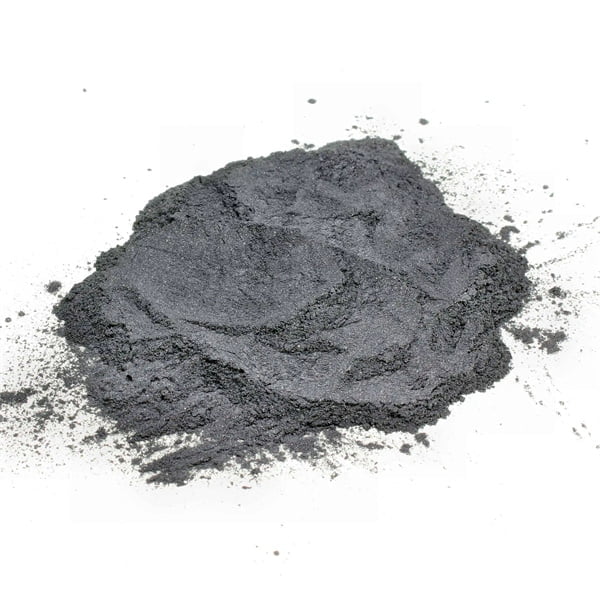
FAQ
What are the different methods for producing titanium powder?
The three main methods for producing titanium powder are gas atomization, plasma atomization, and hydride-dehydride process. Gas atomization uses an inert gas to atomize molten titanium, plasma uses plasma torches, while HDH converts titanium to brittle titanium hydride which is then crushed and dehydrogenated into fine powder.
How small of a particle size can be achieved with gas atomized titanium powder?
Using close-coupled gas atomization nozzles, titanium powder particle sizes down to 10 microns with median sizes around 20 microns can be achieved. Special nozzle designs allow production of submicron powders as well.
What gas is typically used in titanium gas atomization?
Argon gas is most commonly used due to its inert characteristics, relatively lower cost compared to other noble gases like helium and neon, and suitable atomization effects. High purity argon (≥99.999%) is used to minimize risk of contamination.
What is the benefit of spherical titanium powder?
Spherical morphology of gas atomized titanium powder imparts some major benefits like excellent flowability, higher packing density, better compaction, uniform melting, and improved final part properties like isotropy and fatigue resistance.
How is powder yield calculated for titanium gas atomization?
Powder yield refers to the percentage of final powder mass collected compared to the initial mass of molten titanium input. Yield depends on factors like nozzle geometry, gas flow rates, melt superheat and can range from 30-60% for titanium. Optimized atomization conditions are needed to maximize yield.
What industries use titanium gas atomized powders?
Key industries utilizing gas atomized titanium powder include aerospace, medical, defense, sporting goods, automotive, and chemical processing. The powders are valued for producing near net shape titanium components by metal injection molding, additive manufacturing or thermal spraying.
Conclusion
Titanium gas atomizer equipment produces high purity spherical titanium powders needed for advanced metal processing methods through the inert gas atomization of molten titanium streams. By controlling process parameters, powders with customizable particle sizes and distributions suited to downstream processes like additive manufacturing and metal injection molding can be reliably manufactured. Leading suppliers offer integrated melting, gas atomization and powder collection systems to maximize productivity and powder characteristics like morphology, oxygen pickup and apparent density. Titanium powders produced via gas atomization are gaining wider adoption across industries like aerospace and medical due to the superior component properties achieved.

